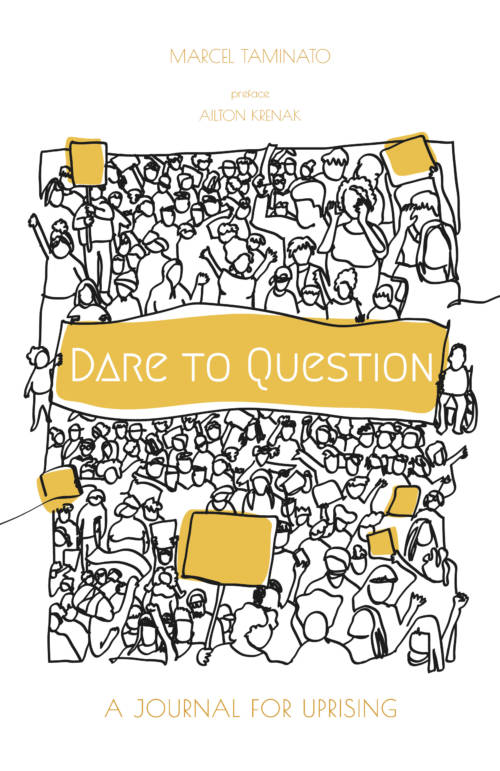The concept:
Select a number of individuals (no more than five is recommended) to share about the same experience. Those individuals should represent a range of perspectives (different parts of the organisation or identities). They are then all asked the same questions, unfolding the different ways of understanding the situation.
Though the concept is simple, don’t underestimate how deep the sharing can be.
To get started, create a physical space for individuals to share. If you have a mat, lay it down. Otherwise, create some space in the room where everyone can witness the exchange. This activity depends heavily on the facilitator’s presence, and they should do everything they can to prepare themselves to be an open and a deep listener.
Send all the interviewees out of the room. (They have already been asked for their permission to participate in the activity.)
One-at-a-time, bring the interviewees back into the room. While bringing each one in, the facilitator thanks them for their participation and asks the same set of questions.
As examples:
(reflecting on the action’s effectiveness)
- In your mind, what was the main objectives for last weekend’s event?
- What was your role?
- Tell us about a time when you faced challenges during the event.
- In what ways did we achieve our goals?
- Thinking about your role, what would you have done differently to better achieved the objectives?
- What was your biggest takeaway around this event?
Or,
(reflecting on decision-making leading to an action)
- What is your name and where do work in the organisation?
- What was a highlight of the recent action?
- How did the decision to do the recent action happen?
- What were 2 of the biggest challenges for you about the action?
- If you could have changed one thing about the action’s decision-making, what would it be?
Listen to each answer deeply, encouraging the audience to open their hearts to this perspective (but not to ask questions at this stage).
When the person is done, thank them, send them out, and invite the next interviewee. This way the interviewees do not hear each other’s responses. Though this can be awkward, it is key so that the answers come truly from the individual’s perspective.
After all the interviewees have shared, ask the group to think of questions they are interested in asking. The interviewees will then re-enter the room together and become panelists. These questions may be specific follow-up questions or other issues that have not been raised.
(If they are a large group, you might put them in small groups.) Have people write those questions on slips of paper.
With the panelists sitting in the front of the room, pick several questions and ask them to the panelists. Do this as long as you have time for and the energy is still up.
Close with an appropriate ritual and thank the panelists, remembering that they have shared vulnerably and deeply.
